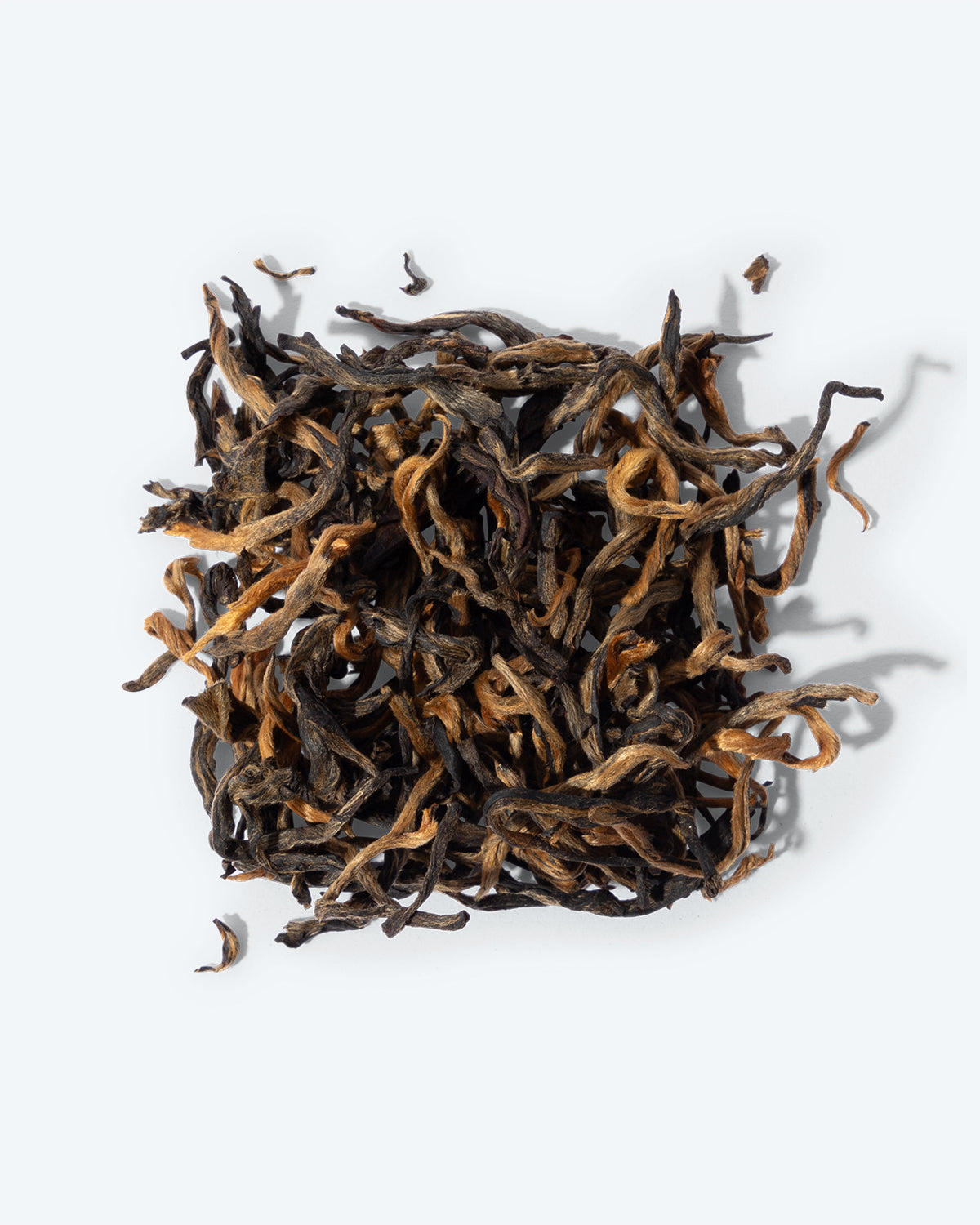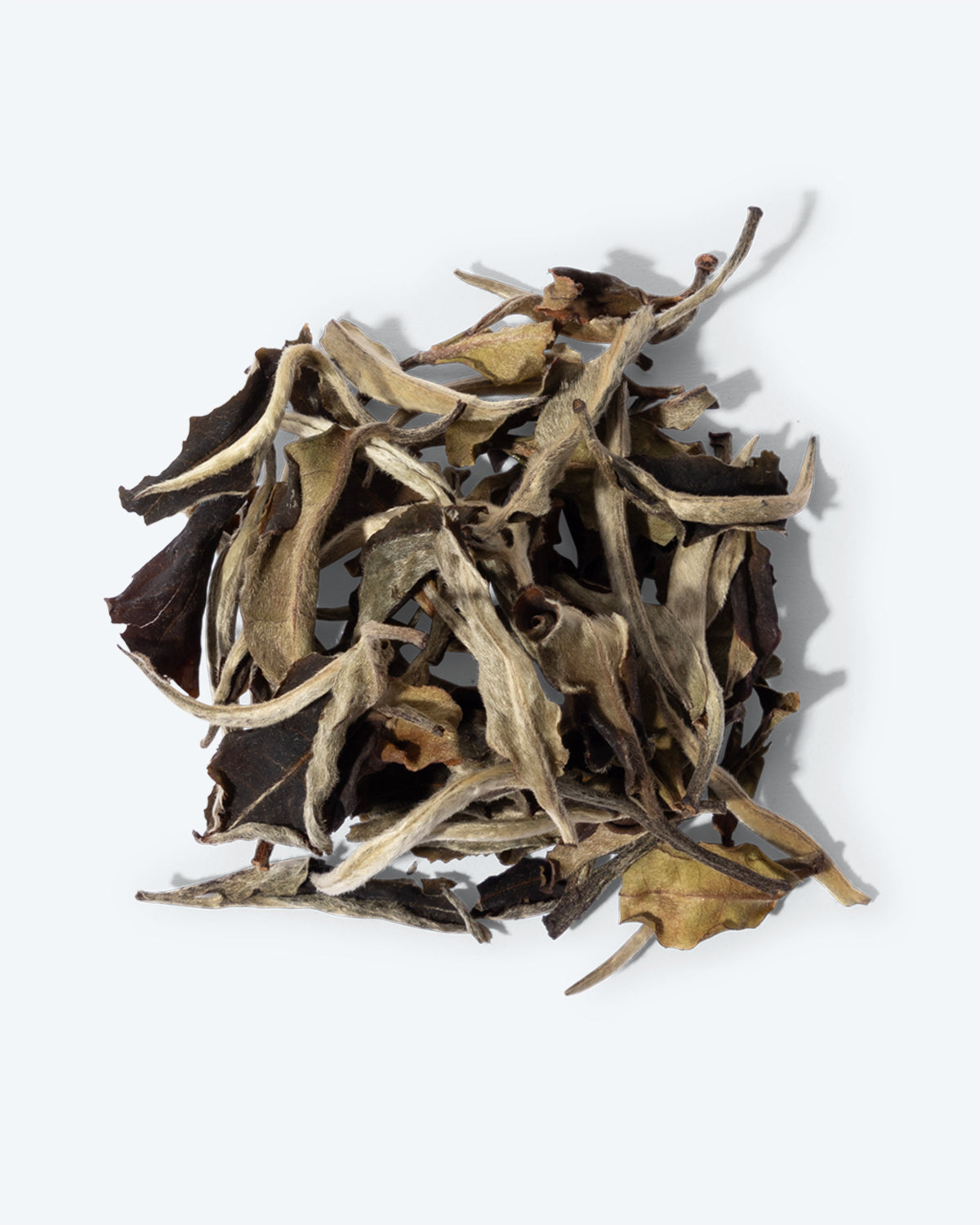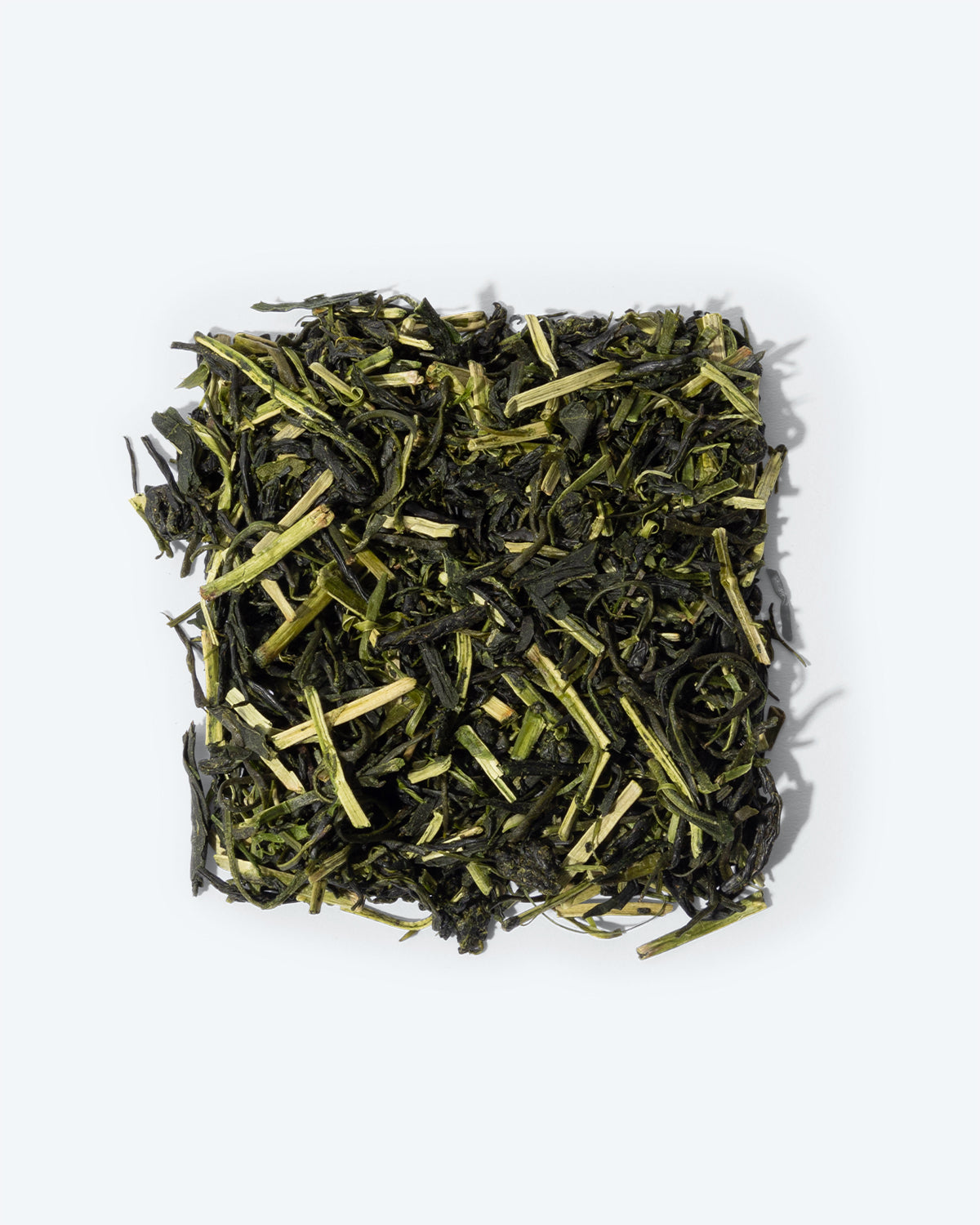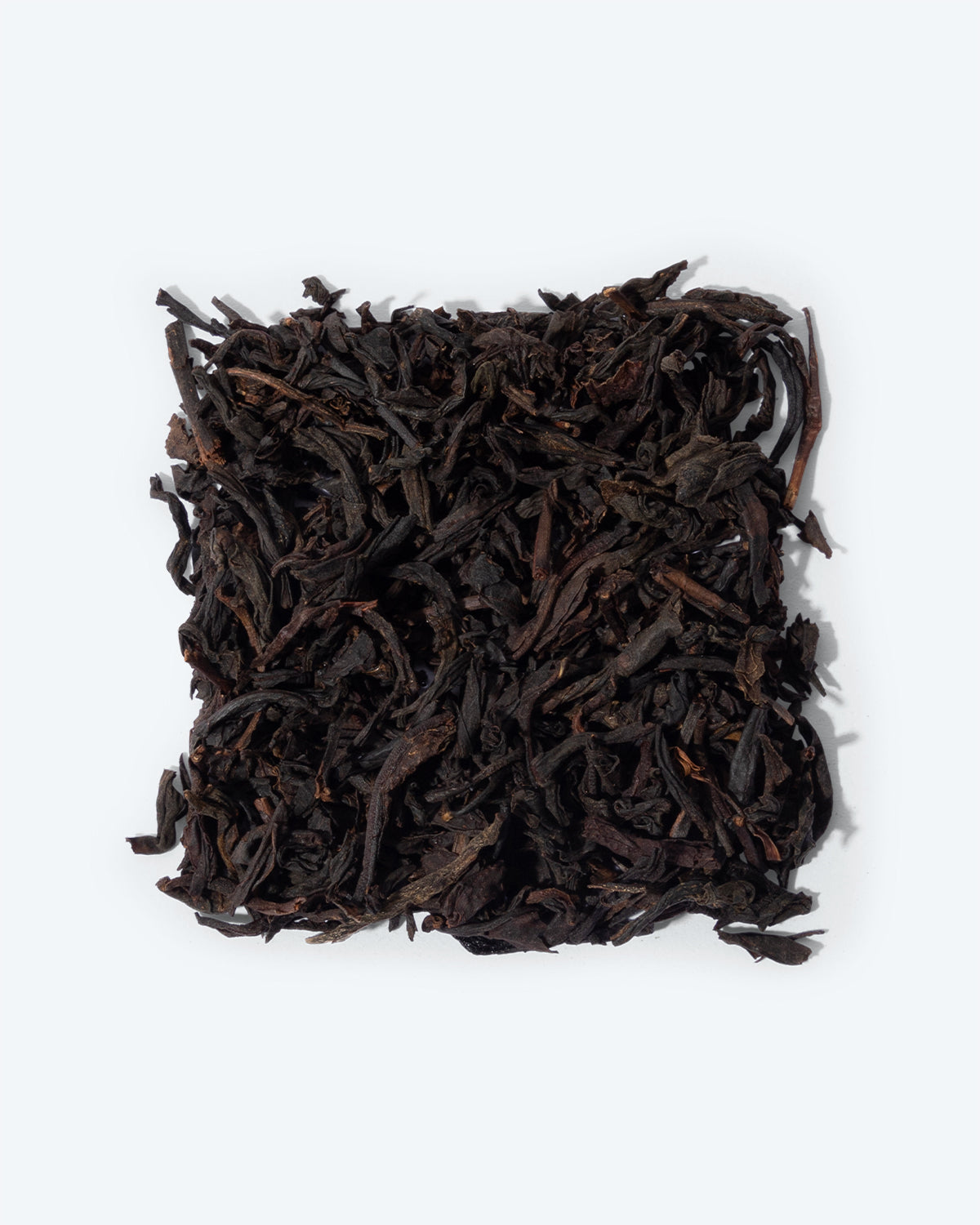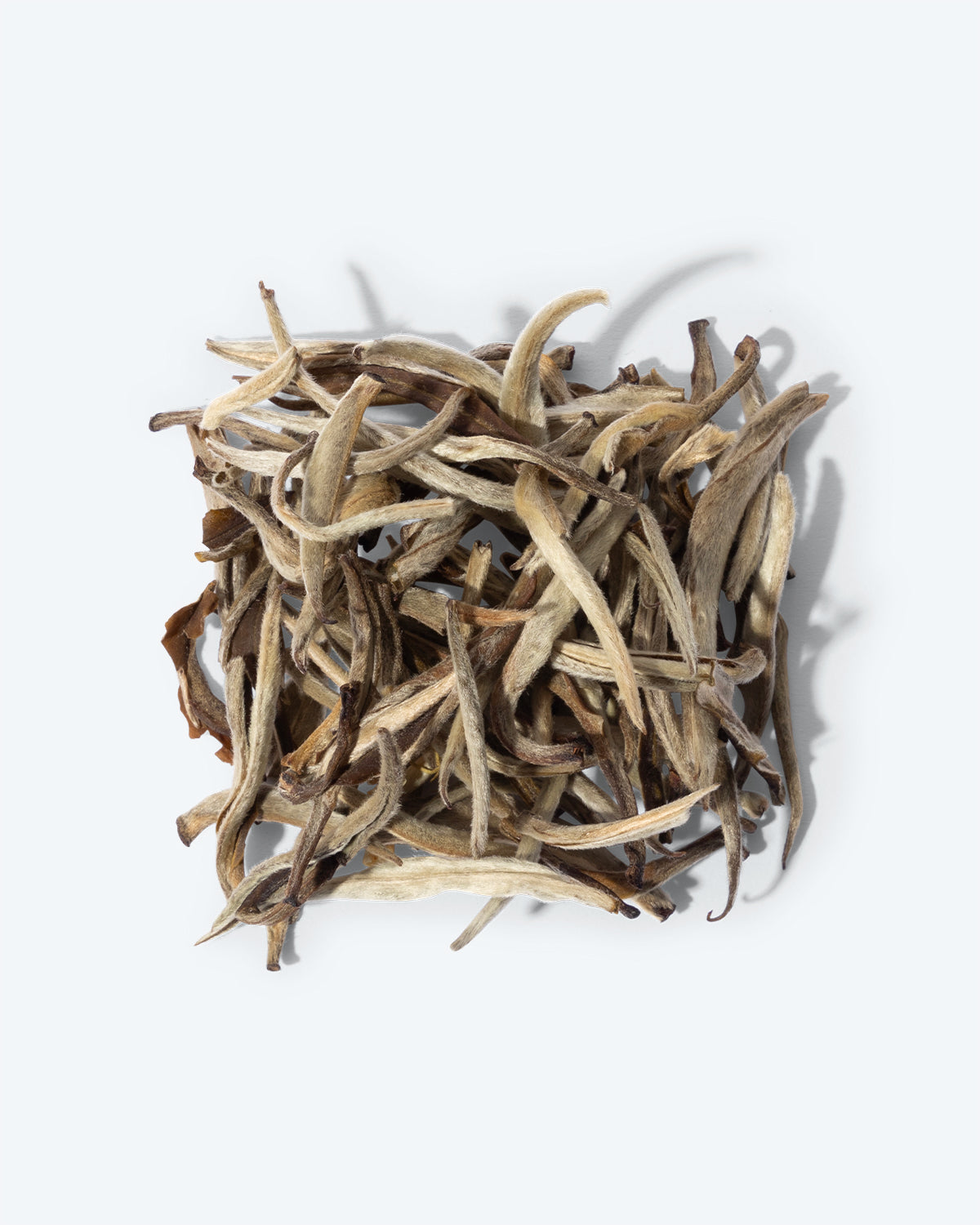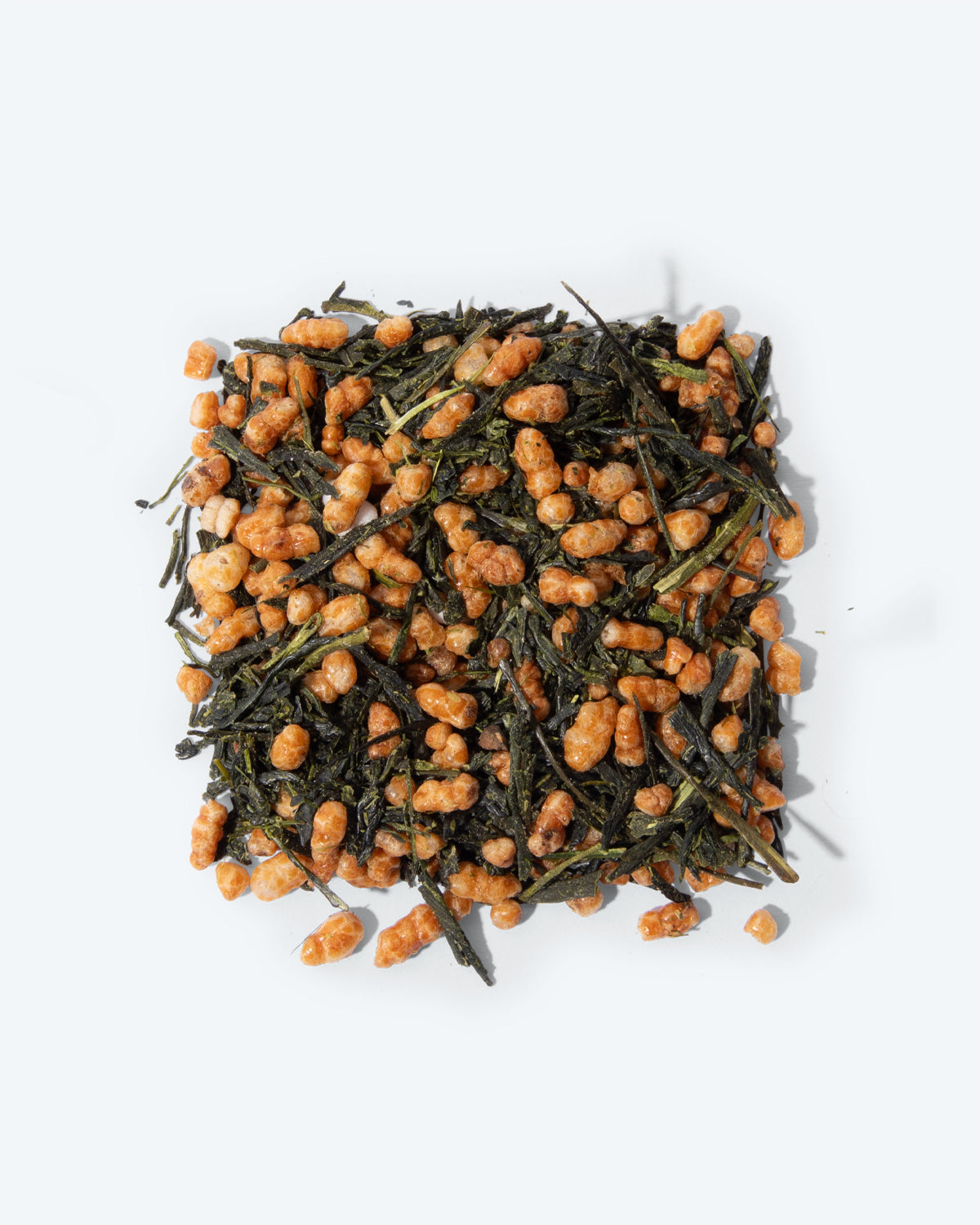Since its legendary origins thousands of years ago involving the Chinese Emperor Shen Nong, tea has been associated with health benefits. For much of its history, tea was a medicinal product, before it became popular for its extraordinary flavor. Over the millennia, the culture of tea has intertwined these two associations, healthful and delicious, with a spiritual emphasis on simple beauty and mindful relations.
Nutritional Value
Here, we focus on the nutritional value understood according to contemporary measures and terms, like polyphenols. It can be helpful, though, to keep in mind that the properties that we associate with things like polyphenols may be similar to those celebrated millennia ago, and that the cultures of tea have developed over time to accentuate such health benefits in conjunction with the pleasurable aspects of tea drinking – as two sides of the same leaf, so to speak.
Today, the nutritional content of tea is attributed to two main components: polyphenols, with antioxidant effects, and alkaloids, which originate in amino acids. Almost 20% of the tea leaf is made up of proteins, but few of those proteins are water-soluble, so do not contribute to the nutritional value of tea.
Likewise, tea is extremely low in carbohydrates and calories, because such a small percentage of the carbohydrates in tea leaves is water soluble. Besides the nutritional content of the tea leaf, the healthfulness of the drink comes also from the water with which it is made.
Tea is an excellent source of hydration, and proper hydration has been credited with helping to maintain physical performance and regulate body temperature, to relieve headaches, to maintain joints and protect the spinal cord, and to clear wastes and toxins and promote kidney health.
Caffeine and Its Effects
Tea, like coffee, contains caffeine. But the presence of tea’s polyphenols causes caffeine in tea to release differently into the body than does the caffeine in coffee.
The release is slower and more gradual, and distributes to different parts of the body. The effect is so different that the caffeine in tea regularly goes by a different name, theine.
Coffee’s caffeine releases rapidly into the blood stream, and has a strong effect on the coronary system and heart rate, accounting for the coffee’s famous energy spike, and the dip that follows it. Tea’s caffeine has a greater effect on the central nervous system, enlarging vessels in the cerebral cortex, with an effect on the cardiovascular system as well.
This corresponds with tea’s historical connection with mental sharpness and concentration, historically celebrated by the monks of China, Japan and elsewhere.
Weight Management and Mood Enhancement
Because tea stimulates without adding calories, and due to other properties associated with the combination of caffeine and polyphenols, tea has been considered an effective choice of beverage for weight loss and weight management.
The combined effects of theine and polyphenols in tea have also been linked with effects on mood and cognition, such as reducing feelings of anxiety and stress.
Polyphenols and Their Health Benefits
The polyphenols in all teas include catechins, often called tannins, and flavonoids (specifically flavanol and flavonol). In black teas and oolongs teas, they also include theaflavins.
In addition to the links with mood and cognition, studies have linked polyphenols in tea with reducing inflammation, protecting against heart disease, promoting brain function and slowing brain aging, as well as improving digestion and enhancing microbial health in the intestines, or gut. Many of these health benefits are linked to antioxidant effects, protecting against toxins and other stresses on the body.
Catechins, flavanols and theaflavins all exhibit antioxidant effects by neutralizing the harmful activity of free radicals at the cellular level, thereby fostering greater resilience and healthier cell life.
A 2015 study further linked flavanols to lower blood pressure and reduced hypertension. Other studies have linked tea catechins with resistance to cancers.
Tea Culture
In short, contemporary studies have increasingly supported and expanded on Shen Nong’s revelation from the first pot of tea nearly 5,000 years ago.
The studies referenced here, however, still do not constitute final proof of tea’s healthful effects, and more research is necessary before the many healthful effects of tea can be adequately understood. Tea is not, in any event, a miracle drug. A single cup of tea will not cure all ills, let alone cancer. But a daily routine of tea is an excellent contribution to a healthy, balanced lifestyle.
This brings us around to tea culture as it has evolved over millennia, first in China, then in neighboring cultures like Japan. The healthful benefits of tea have long been celebrated, but always as part of a healthy lifestyle.
Tea not only has a healthful effect on the body, but a stimulating effect on the mind. The daily rituals of tea that have developed over millennia are dedicated to the cultivation of mind and body, for a healthy appreciation of beauty.
